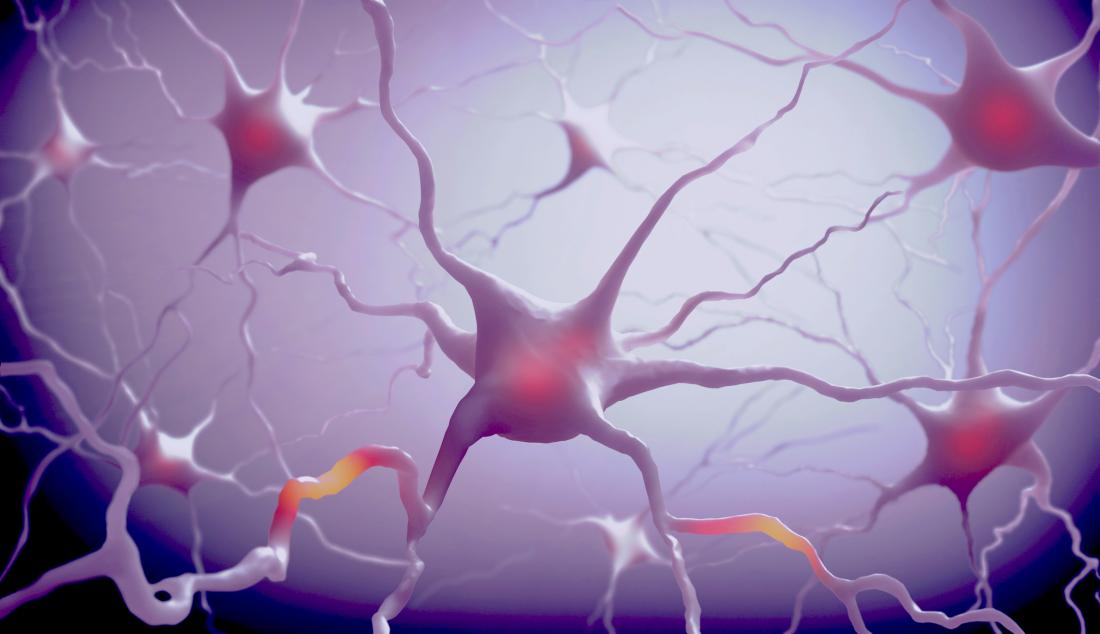Sleep allows immune cells to do maintenance work on the brain

Studies have shown that during sleep, the brain reactualizes, updating memories, and clearing up "waste." New research in mouse models suggests that specialized immune cells keep the brain in good working order by maintaining it during sleep.
Research conducted over the past few years has uncovered evidence that the brain gets a chance to refresh and update in many ways during sleep.
For instance, scientists have learned that the brain consolidates newly formed memories during sleep. They have also discovered that sleep provides an excellent opportunity to take out the neural "trash."
A team of researchers from the University of Rochester Medical Center in New York and the Massachusetts Institute of Technology in Cambridge has discovered more about how brain maintenance also occurs during sleep.
In their study — whose findings feature in Nature Neuroscience — the investigators worked with mice to find out more about how microglia, which are the immune cells that "service" the brain, perform their maintenance work during sleep.
"It has largely been assumed that the dynamic movement of microglial processes is not sensitive to the behavioral state of the animal," explains the study's lead author Prof. Ania Majewska.
"This research shows that the signals in our brain that modulate the sleep and awake state also act as a switch that turns the immune system off and on."
-Prof. Ania Majewska
Wakefulness chemical impairs repair work
The microglia are the immune cells that respond to any signs of infection or damage in the brain. According to Prof. Majewska and colleagues' new study, these cells are also active during sleep, attending to regular "wear and tear."
The new study suggests that microglia may work more effectively during sleep than when an individual is awake.
The researchers looked at awake mice versus mice that the scientists had anesthetized. They found that the microglia seemed less active and efficient when the mice were awake.
This allowed the researchers to close in on norepinephrine, a chemical messenger that plays a role in arousal in the central nervous system and helps regulate sleep-wake cycles. During sleep, norepinephrine levels in the brain are low.
When norepinephrine levels spike, however, the brain becomes suddenly alert, and the individual wakes up.
In the current study, the researchers observed that norepinephrine acts on the neurons and the beta2 adrenergic receptor, which is present in microglia. When norepinephrine levels become elevated, the microglia apparently fall into a state of slumber.
This meant that during states of arousal and wakefulness, the immune cells could not respond appropriately and perform maintenance on brain cell connections.
"This work suggests that the enhanced remodeling of neural circuits and repair of lesions during sleep may be mediated in part by the ability of microglia to dynamically interact with the brain," explains first author Rianne Stowell, Ph.D.
"Altogether, this research also shows that microglia are exquisitely sensitive to signals that modulate brain function and that microglial dynamics and functions are modulated by the behavioral state of the animal," Stowell adds.
The findings add to the evidence that mechanisms related to sleep play an essential role in ensuring that the brain receives necessary repairs and continues to function correctly.
Moreover, it may help explain why sleep disturbances have links to the onset of progressive neurodegenerative conditions, such as dementia and Parkinson's disease.
